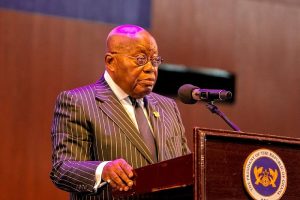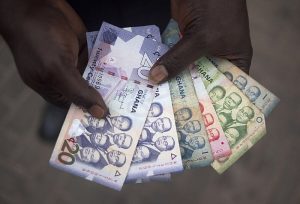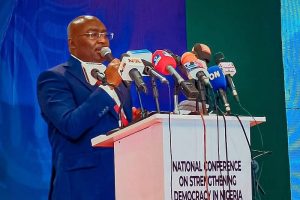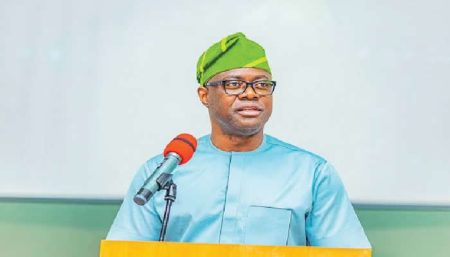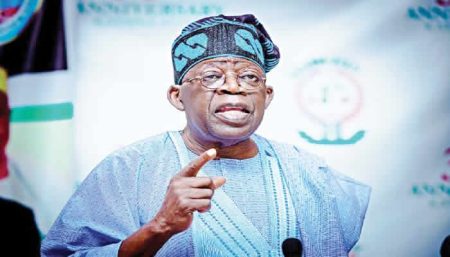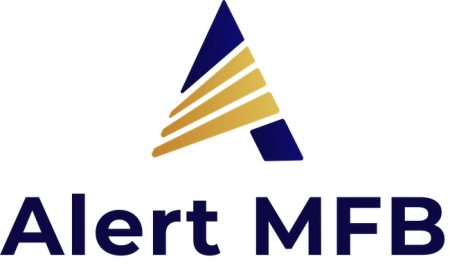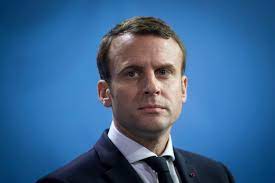The Italian football landscape is once again embroiled in controversy as Napoli, its owner Aurelio De Laurentiis, and one of his key advisors, Andrea Chiavelli, face potential trial for alleged false accounting related to player transfers. Roman prosecutors suspect the club and its leadership of manipulating financial records between 2019 and 2021, focusing primarily on the high-profile acquisitions of Kostas Manolas from Roma and Victor Osimhen from Lille. The Osimhen transfer, in particular, has drawn significant scrutiny due to its complex nature and the involvement of four players moving to Lille as part of the deal, three of whom never actually played for the French club. This intricate arrangement raised red flags, suggesting potential irregularities and prompting a thorough investigation by authorities.
The €70 million transfer of Osimhen, a pivotal figure in Napoli’s recent Serie A triumph, is at the heart of the accusations. Prosecutors allege that the deal involved inflated player valuations and potentially concealed payments, designed to artificially boost Napoli’s financial standing. The inclusion of four players moving to Lille as part of the transfer, with three never playing for the French club, further fuelled suspicions of financial maneuvering. Napoli and De Laurentiis’ legal representatives vehemently deny these accusations, asserting the club acted legitimately and in full compliance with Italian accounting principles. They express confidence that the proceedings will ultimately exonerate both the club and its owner. The case now rests with a preliminary hearing judge who will determine within the next six months whether sufficient evidence exists to warrant a full criminal trial.
Despite the looming legal battle, a source within Napoli maintains the club is unconcerned about potential repercussions. The source claims that the very documents presented by prosecutors in their request for a trial have already been reviewed by disciplinary authorities within the Italian Football Federation (FIGC) and deemed to contain no incriminating evidence. They emphasize the unlikelihood of any sanctions from the FIGC, even if a criminal court were to eventually find Napoli culpable. This confidence stems from the belief that the transactions were conducted transparently and that the accusations are unfounded. The source also expresses confidence that a criminal trial will not even proceed. This stance underscores the club’s firm belief in their innocence and their expectation of a favorable outcome.
The controversy surrounding Osimhen’s transfer casts a shadow over his remarkable contribution to Napoli’s historic Serie A title win in 2023, their first since the Diego Maradona era. Alongside breakout star Khvicha Kvaratskhelia, Osimhen spearheaded Napoli’s attack, scoring 26 league goals and establishing himself as one of the world’s premier strikers. Ironically, this success fueled his ambition to play in the English Premier League, a desire he expressed publicly. However, a move failed to materialize, and after a period of strained relations with the club, he was loaned to Galatasaray in September.
The current legal proceedings against Napoli echo a wider trend of scrutiny over Italian football clubs’ financial dealings. Osimhen’s transfer was just one of several investigated by the FIGC in 2022. Although Napoli and De Laurentiis were acquitted in that instance, the investigation unearthed broader concerns about financial practices within Italian football. This eventually led to Juventus receiving a 10-point deduction in a separate case related to manipulating capital gains from transfers, highlighting the ongoing efforts to regulate and ensure financial transparency within the sport.
The Juventus case, dubbed “Operation Prism,” uncovered evidence of systematic manipulation of transfer fees to artificially inflate profits and improve the club’s balance sheet. This separate criminal investigation resulted in severe penalties for Juventus, including point deductions and lengthy bans for several club officials, most notably former chairman Andrea Agnelli. These individuals now await a decision on whether they will also face criminal trial. The ongoing legal battles surrounding both Napoli and Juventus underscore the increasing scrutiny placed on financial practices within Italian football, signaling a potential shift towards greater transparency and accountability within the sport. The outcomes of these cases could significantly impact the future landscape of Italian football and its financial regulations.


